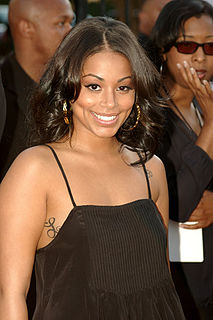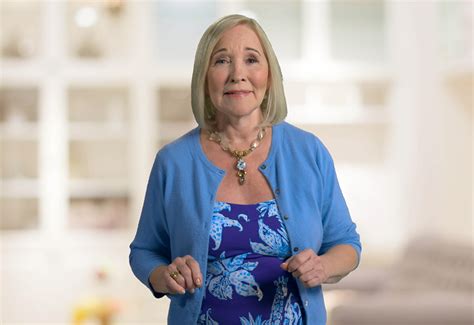A Quote by Aisling Bea
Repealing the Eighth Amendment is about women who don't want to be pregnant. It's not about a certain type of woman, a certain age of woman - we all known sisters and mothers who have chosen to go on with a pregnancy and those who haven't.
Related Quotes
How often should a woman be pregnant? Continually, or hardly ever? Or must there be a certain number of pregnancy anniversaries established by fashion? What do you, at the age of forty-three, have to say on the subject? Is it a fact that the laws of nature, or of the country, or of propriety, have ordained this time of life for sterility?
We women are callow fledglings as compared with the wise old birds who manipulate the political machinery, and we still hesitate to believe that a woman can fill certain positions in public life as competently and adequately as a man. For instance, it is certain that women do not want a woman for President. Nor would they have the slightest confidence in her ability to fulfill the functions of that office. Every woman who fails in a public position confirms this, but every woman who succeeds creates confidence.
I had a pregnancy that wasn't private... A lot of people had their opinions about it. They were surprised that I came up pregnant, which was a surprise to me, because I'm a woman, and women get pregnant, and Lauren comes first before the actress, so having my son was the best thing that ever happened to me.
I try not to think of myself as a woman filmmaker. I don't look for women influences. I have noticed in the past few years that there is a certain ceiling that a woman filmmaker can reach. I don't believe that it's sexism per se, but there are certain expectations in the industry about what films should be, how they should be made, what stories they should tell, and it's a habit, it's a tradition.
That's what's always been such a curious thing to me about feminism. They never lost any power. However, when you start talking about this particular area of our population, you're talking about the politicized nature of our country where feminism dominates and all heterosexual men want women. And all men realize you've got to do certain things. If you want to get a woman who happens to be a feminist, then you better do and say, be certain things. Men have gone crazy trying to be what they think women want them to be, and that's men in Washington, gone crazy.
It is important to have a woman editor. Movie is an industry where it is predominantly women. Male editors might cut out pauses that are interesting, while a woman might not be afraid of that pause. Trying to do a movie with an editor who is not funny is impossible. There are certain talents that go with certain genders.
The real trouble about women is that they must always go on trying to adapt themselves to men's theories of women, as they alwayshave done. When a woman is thoroughly herself, she is being what her type of man wants her to be. When a woman is hysterical it's because she doesn't quite know what to be, which pattern to follow, which man's picture of woman to live up to.
If you look at most women's writing, women writers will describe women differently from the way male writers describe women. The details that go into a woman writer's description of a female character are, perhaps, a little more judgmental. They're looking for certain things, because they know what women do to look a certain way.
I don't like to use the words "real women," honestly. I like to use the word woman. And I say that because there are so many women out there who are naturally thin, or are naturally curvy, and I think when we start putting a label on the type of woman it gets misconstrued and starts to offend people. At the end of the day we just all want to be known as women or models or actresses or whatever.
There were a lot of different things [in The Women's Room ]. I don't really want to summarize it in this way. It's about a woman's awakening, a woman who came of age in the '50s and is a teenager - actually, she's a little bit older - in the '60s and part of the women's movement and how she ends up there.



































